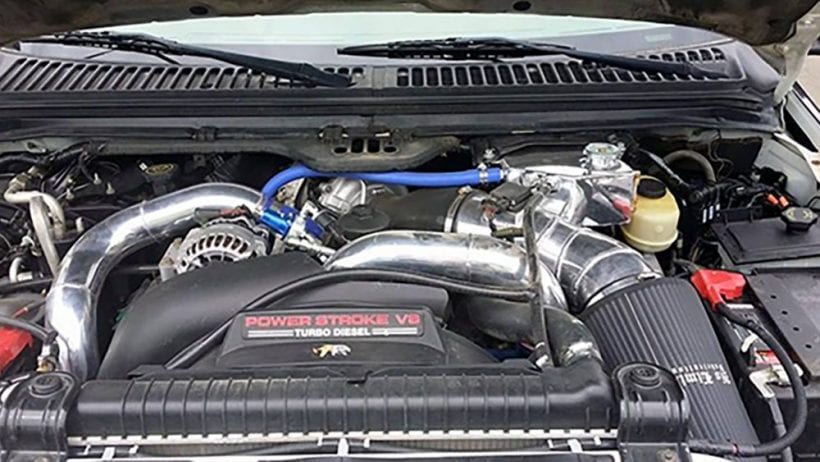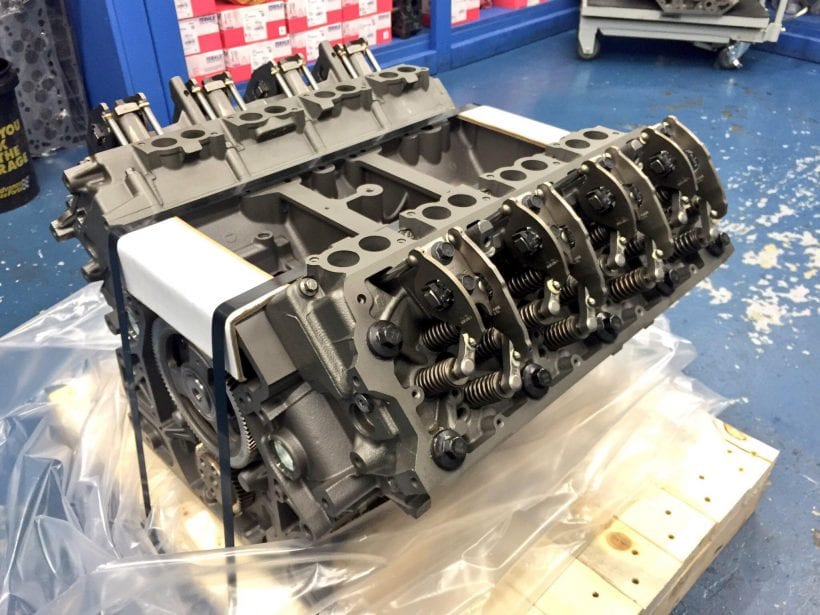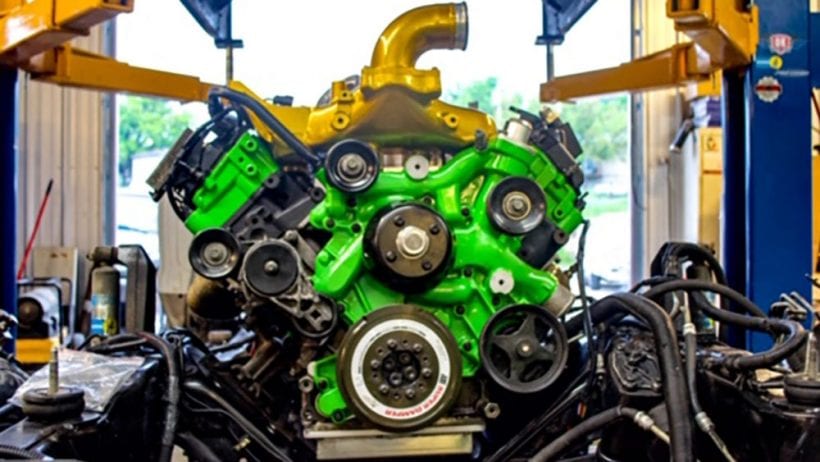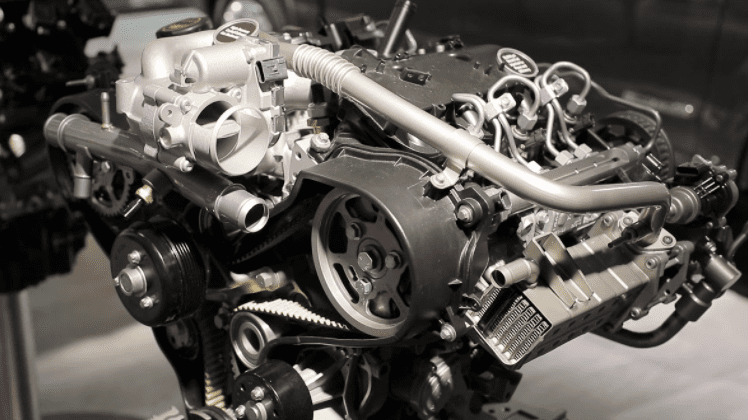Powerstroke engine! Was there anything ever built like this? These things are bulletproof which is why they are still so much sought for. If you want something that will serve you good, something that will never leave you on the side of the road and something that can rip the stomp from the ground then the Powerstroke engine is the answer.
To those that are into cars and engines then they know what we are talking about and for those that aren’t then here is the breakdown for you. Powerstroke is the diesel engine family built by Ford. In the company’s F series trucks, these engines reached their full fame and these were made as 90o V8s, inline 5 cylinders and V6s. You could find anything from 3.0 L to 7.3 L. Their lifespan started in 1994 and they are still made today, with lower volume.
Most people today are still looking for one of these F series trucks with one of these bulletproof engines and if you want real reliability you have to go second hand. This list today will deal only with the engine side and tell you about their reliability and their lifespan. Keep in mind that this is all in normal conditions and with normal service intervals. An engine that is not looked out for in any possible way may be made out of the toughest material out there, it won’t last if it isn’t treated right. If you have one of these engines and are looking for some parts or advice look here and see what they’ve got in store.

Reliability
To start things off we will repeat what we said before. Keeping your engine neat and regularly servicing it will greatly increase its expected lifespan. Every engine is its own story and you have to watch out for that. If you torment the engine, skip regular checks, oil changes, do not react to strange new noises then no matter what type the engine is and what it is made of it will NOT last long.
Maintenance is important and what is more important is that you do not procrastinate on what needs to be done. Since the engine needs lubrication to run properly, regular oil changes are a must. Most people tend to think a lot about oil and type, and the grade that should go in the engine. Sometimes it is more important to change it regularly than to beat your head around what is the best one that can go in.
Thankfully the factory has thought about that and they have already listed all the oils that you can put in and they have been set according to your area of residence. You probably have heard about this but oils act differently in different climates which is why two owners of the same truck with the same engine in two different climates will never use the same oils. So, it is important to fill correctly weighted oil for your region and as for quality look for a company that makes the weight you need and make sure they are decent enough. It doesn’t need to be the most expensive, certainly do not go with the cheapest one. Look for something in the middle and make sure it’s doing its job. With solid old you also have to have solid filters, those two go hand in hand and if one of those gives up on you then you have one unusable engine.
Since these are diesel engines you also have to make sure that you run good fuel filters. Diesel is by its nature a lot more dirty than regular gas and this is why it’s important to have good fuel filters if you don’t want problems with your engine running rough or destroying your injectors regularly.

Since this is a diesel engine one more thing has to be taken into consideration and it’s idle time especially for those who live in a colder climate. Diesel engines are notorious for not wanting to run when it is colder, or they run rougher, but there is just one thing to keep in mind and that is let it sit idle for a few minutes and you will save your engine greatly. This is greatly tied to its reliability but also for its internal components. You have to find a perfect idle time because of you let it sit for extended periods you will have a lot of carbon buildups on parts that don’t tolerate any. Letting it warm up for a couple of minutes is good because you allow all fluids to warm up and circulate easily where they are needed. If you fire it up and instantly hit the road full-sending it be sure that you will not see a lot of miles with it.
Another thing you have to take care of in the engine bay is the diff fluid and the ATF oil. These are also important and you have to look out for the manufacturer’s specification on the change intervals. Changing everything on time or at least a little ahead f time will save you a lot of headaches down the road. Think about all of this as a sort of preventative maintenance if you like that is somewhat of insurance of the vehicle for itself.
Longevity

These engines are tough and they are built to last. They are put in vehicles that are heavy duty and that are made for tough work which is why their heart has to be strong to endure all the stress. If you look after this engine the way you supposed to it will look after you as well. Workhorse like this will keep on giving and giving, and all you have to do is not neglect it no matter how small a problem you think it has.
Stay on top of your services, read through your manual and the recommendation for the oils and oil change intervals. Look out for the parts that are considered to be expendable, those will have to be changed more often, which is their intended purpose and you will have no issues whatsoever.
These beasts of engines can break 300+ miles and not break a sweat which is why owners that used these trucks with Powerstroke engines swear by them and they all say the same – Take good care of it and it will take more than good care for you.
There were instances where the body of the vehicle gives up way before this engine does and if that is not the proof of their toughness we don’t know what is.

